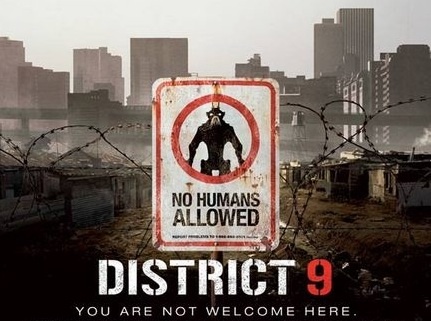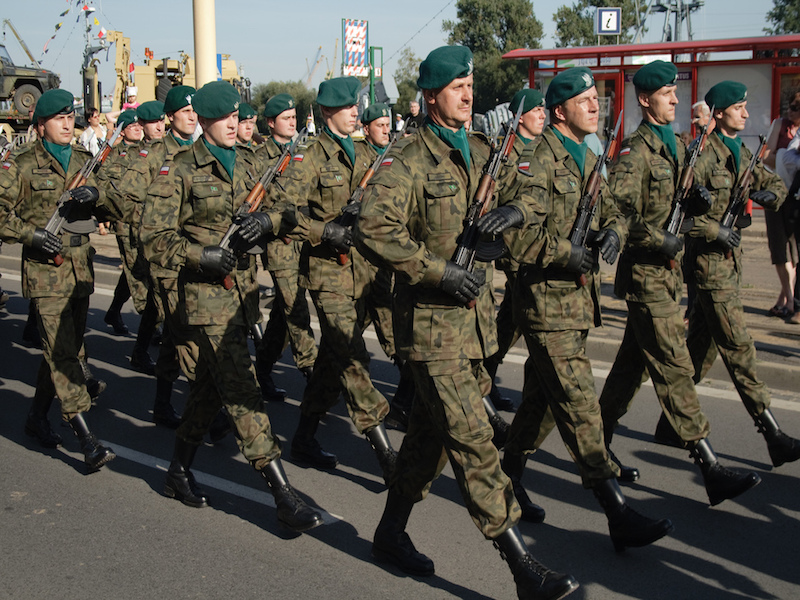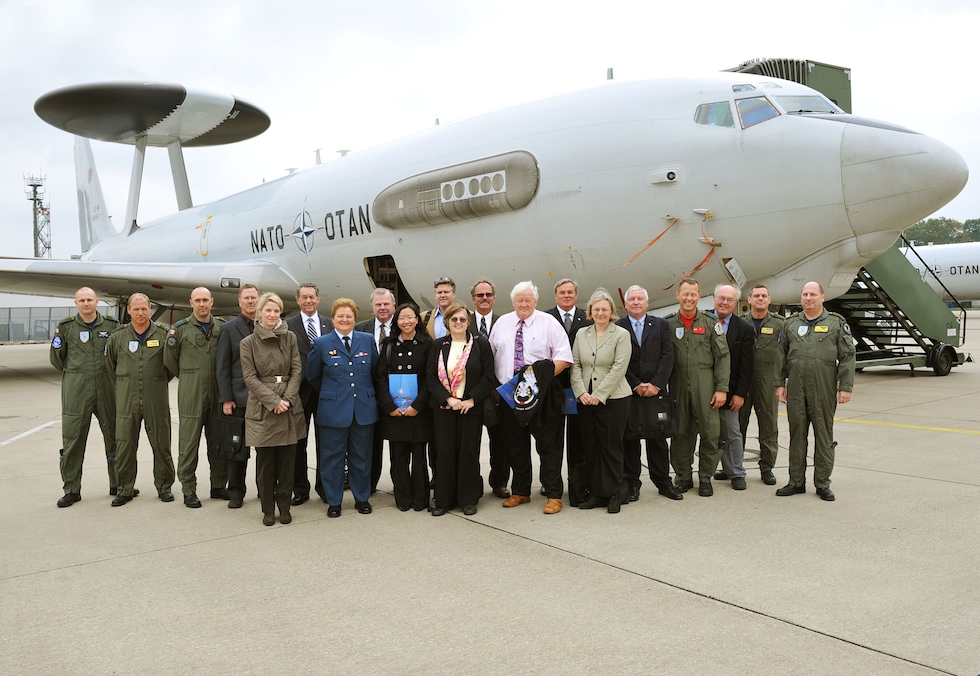Alexander Sawicki
Alexander Sawicki works for the NATO Association of Canada as the Program Editor of the Procurement section. He graduated with an Honours Bachelor’s Degree in History from Ryerson University in 2016, and throughout his university career has been heavily involved in campus groups concerned with international affairs. Alexander also had the opportunity to work for the Canadian Border Services Agency (CBSA) as a Student Border Services Officer, and gained a wealth of firsthand experience defending the safety and security of Canadians at the first point of entry in the travel and trade continuum. Whenever he gets a chance, he likes to unwind by curling up with a good book and some herbal tea. In the future, Alexander plans on pursuing a Master’s Degree in History.
http://natoassociation.ca/about-us/alexander-sawicki/
Related Articles
District 9: A Commentary on Xenophobia and Universal Humanity
Posted on Author Vanita Thind
Vanita Thind on District 9 and how it prompts an ugly realization of how racism and fear can still permeate human relations.
Internal Policy or External Policy? The Divergence in Polish Defence Policy
Posted on Author Michael Kang
The election of Poland’s Law and Justice Party has brought attention to Poland’s increasingly divergent attitudes towards the EU and NATO. Michael Kang looks at possible implications this might have on the future of Poland’s defence.
Sept 22-29: Tour to NATO Headquarters
Posted on Author NATO Association of Canada
From September 22-29, 2012,The NATO Council of Canada, along with leaders from business, national affairs and academia embarked upon a tour of NATO Headquarters.




